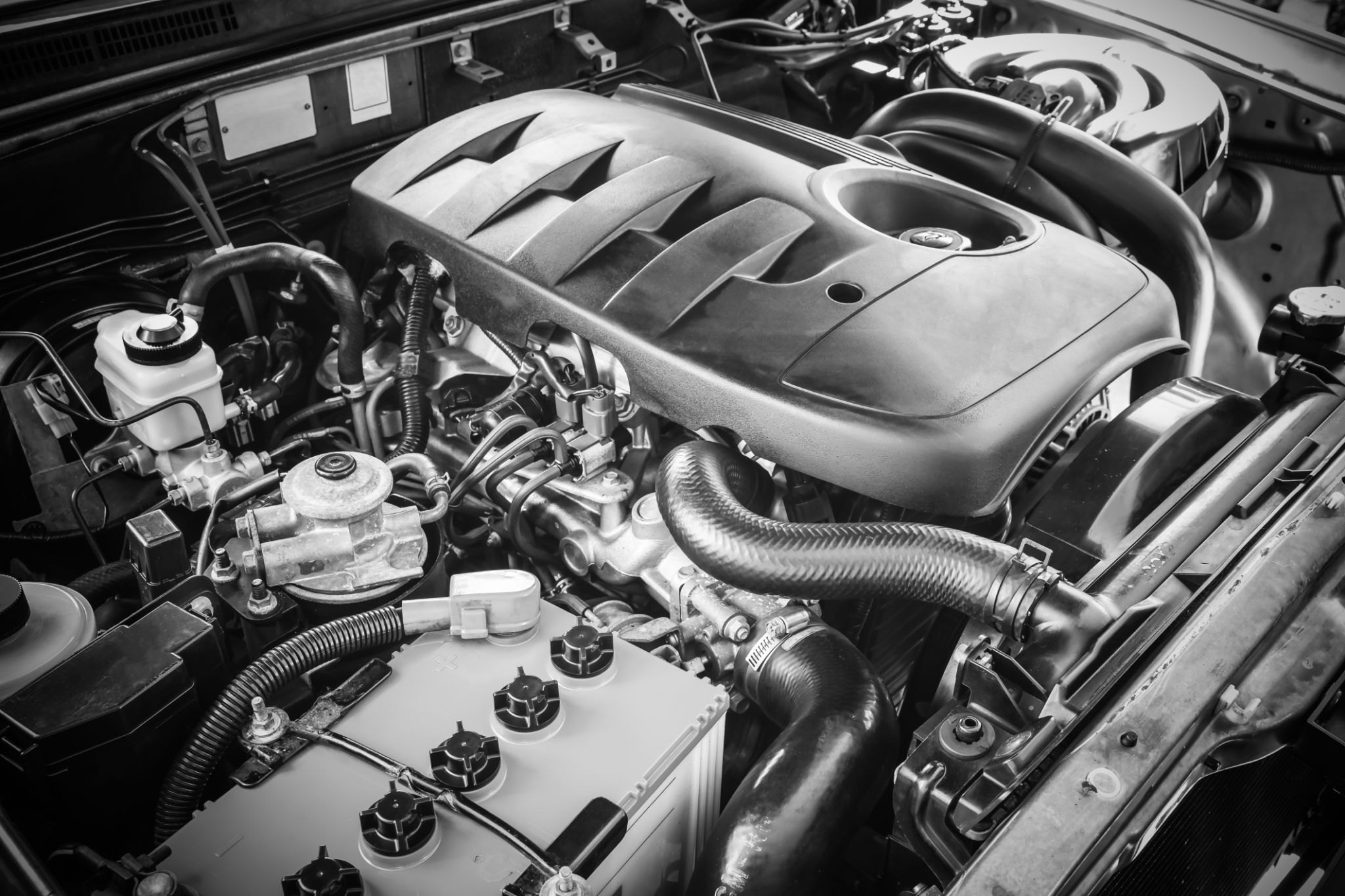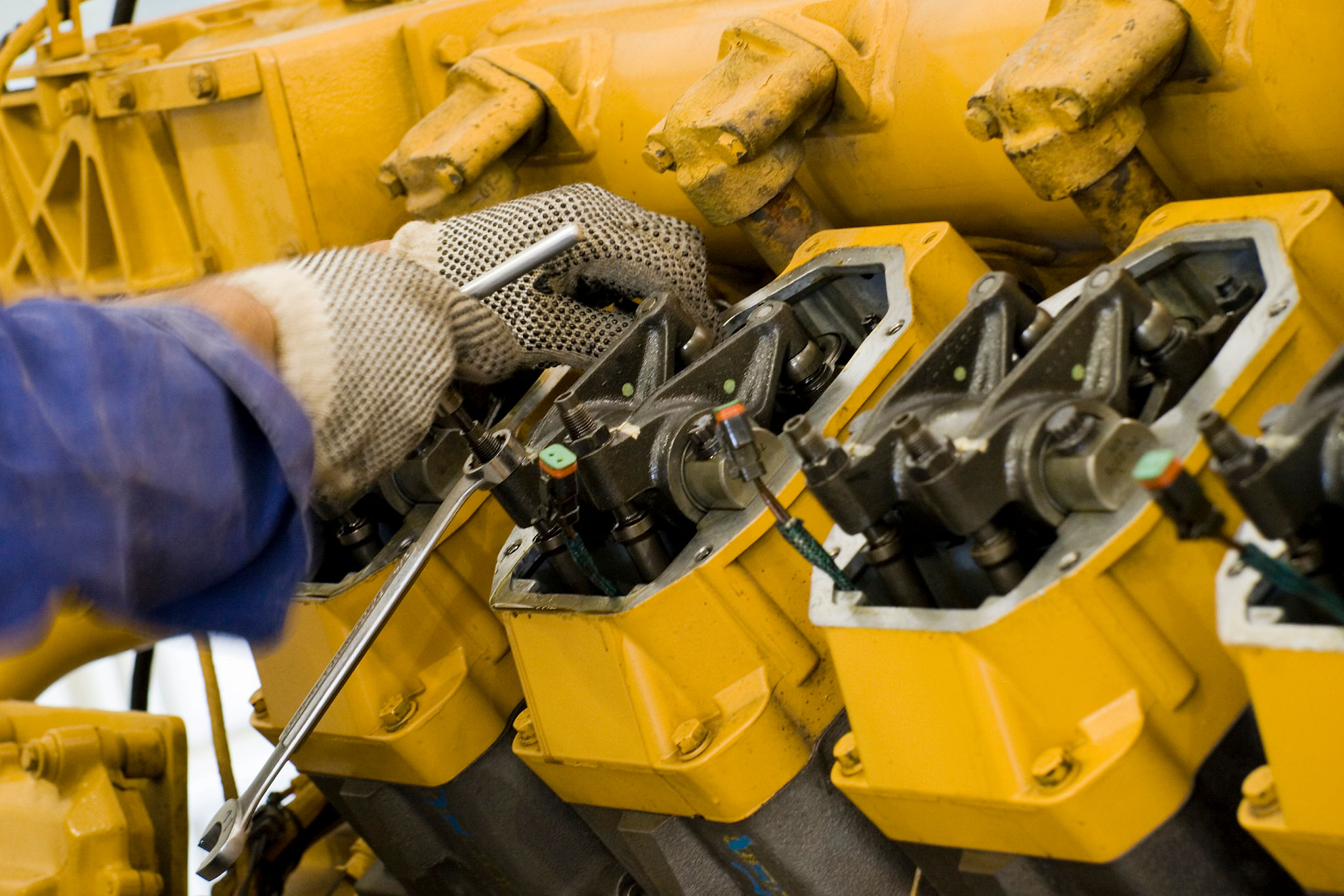- Home
- Truck & Trailer Repair Services
- Jump Start Service
- Truck Repair
- Trailer Repair
- Truck Road Service
- Service Areas in Palm Beach County
- 24/7 Semi-Truck Road Service & Mobile Truck Repair
- Freightliner Road Service
- Peterbilt Truck Repair
- Boca Raton, FL
- Fleet Services
- Fleet Truck Service West Palm Beach
- Dot Inspections West Palm Beach
- Mobile Diesel Mechanic
- Freightliner Truck Repair & Service
- Hino Truck Repair
- Kenworth Truck Repair
- Volvo Truck Repair
- Diesel Mechanic Service
- DPF Services
- Mobile Fleet Services West Palm Beach
Understanding Diesel Engine Diagnostics: Common Myths and Facts
Introduction to Diesel Engine Diagnostics
Diesel engines are known for their robustness and efficiency. However, like all machinery, they can experience issues over time. Understanding diesel engine diagnostics is crucial for maintaining performance and longevity. Unfortunately, there are several myths surrounding this topic that can lead to unnecessary repairs or neglect.

Common Myths About Diesel Engines
One prevalent myth is that diesel engines do not require regular maintenance due to their durability. While they are indeed sturdy, neglecting routine check-ups can lead to costly repairs down the line. Regular diagnostics help identify minor issues before they evolve into major problems.
Another misconception is that smoke from a diesel engine is normal. While older models might emit some smoke, modern diesel engines are designed to run cleaner. Excessive smoke can indicate a variety of issues, such as clogged filters or injector problems, and should be addressed promptly.
The Role of Technology in Diagnostics
Advancements in technology have significantly improved the accuracy and efficiency of diesel engine diagnostics. Modern diagnostic tools allow technicians to quickly identify issues using electronic control modules (ECMs) and onboard diagnostic systems. This reduces downtime and ensures that engines run at peak performance.

Despite these advancements, some people believe that only experienced mechanics can perform diagnostics. While expertise is invaluable, technology has made it possible for operators and less experienced individuals to conduct preliminary checks using handheld diagnostic devices.
Essential Diagnostic Checks
Regular diagnostic checks are essential for maintaining a diesel engine's health. Here are some key areas to focus on:
- Fuel System: Monitor fuel injectors and filters for clogs or leaks.
- Cooling System: Ensure coolant levels are adequate and check for leaks.
- Exhaust System: Inspect for unusual smoke or noise that may indicate blockages.

Benefits of Regular Diagnostics
Performing regular diagnostics on diesel engines offers several benefits. It helps in identifying potential issues early, thus avoiding expensive repairs. Additionally, it enhances fuel efficiency, reduces emissions, and extends the life of the engine.
Moreover, a well-maintained diesel engine contributes to better vehicle performance and reliability. This is especially crucial for businesses that rely on fleets of vehicles, as unexpected downtime can lead to significant financial losses.
Conclusion
Understanding diesel engine diagnostics is key to maintaining optimal performance and avoiding costly repairs. By dispelling common myths and embracing modern diagnostic technologies, operators can ensure their engines remain in excellent condition. Regular checks not only enhance efficiency but also contribute to a more sustainable environment.